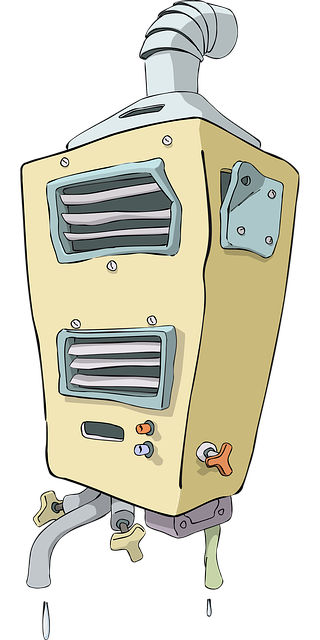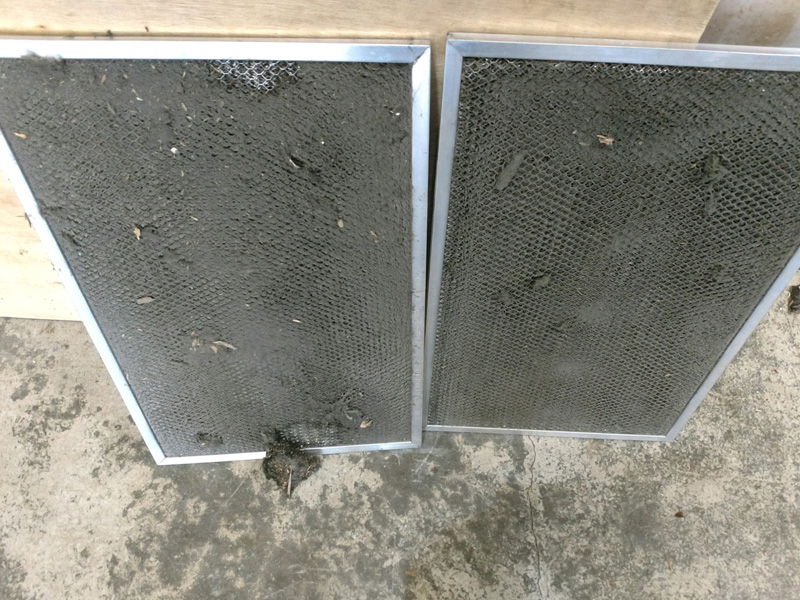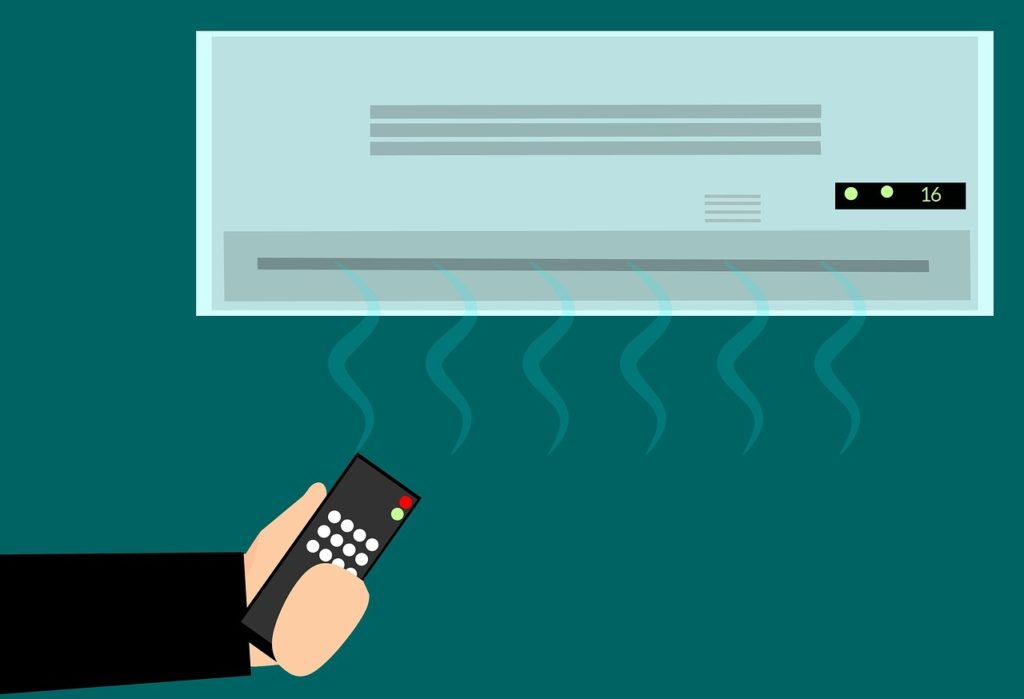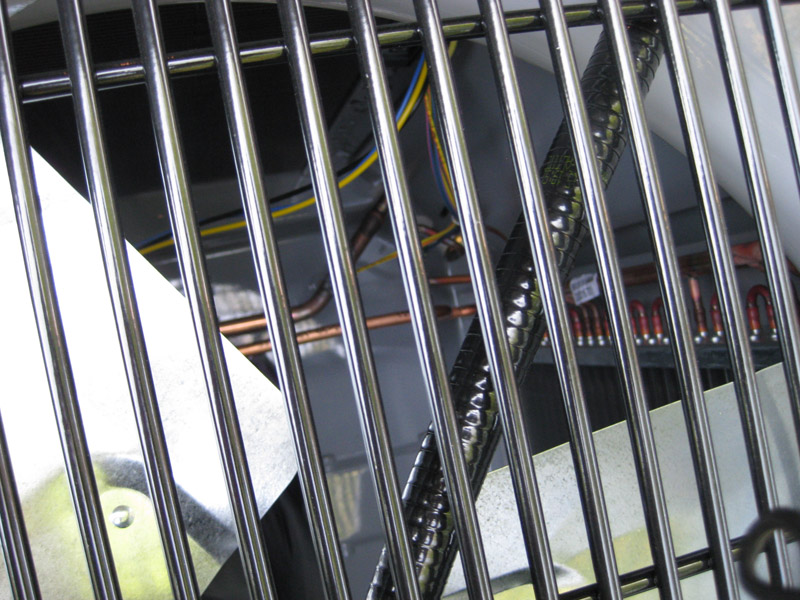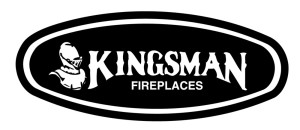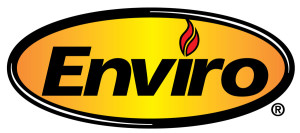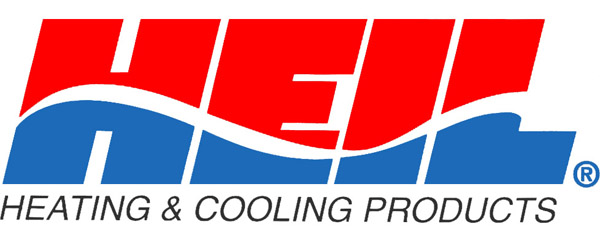5 Reasons to Consider Switching to a Heat Pump or Mini-Split
Heating and cooling your home in the Pacific Northwest can be achieved through several different methods.

There are other more specialized options, but your three main choices for heat are natural gas, electric heat, or a heat pump. Each has their various pros and cons, which we may explore in a different article later.
For today, let’s explore the points in favor of a heat pump. First – what is a heat pump?
What Is a Heat Pump and How Does It Work?
A heat pump works much like a refrigerator, using refrigerant to remove heat from one area and move it to another. One of its two main defining characteristics is that it doesn’t generate heat through a heating coil or the burning of some type of fuel. Rather, it compresses and moves warm air absorbed by the refrigerant from the cooler place and transfers that heat to the warmer place.
Your refrigerator works in much the same way. It continually removes the heat from the items you put in your fridge (the cooler place) and transfers it through the refrigerant into the room. That’s why you can feel warm air coming out the bottom of your fridge.
Likewise, a heat pump takes warmth from the air from outside your home in the winter and moves it into your house with the help of an air handler.
A heat pump’s other defining characteristic is that it can go both ways. Unlike a furnace or an air conditioner which can only heat or cool your house, a heat pump can do both.
In the summer, it takes the warmer air from inside your home, and blows it outside, thus cooling the interior. In the fridge comparison, with a heat pump in the summer your house is the refrigerator. In the winter, the rest of the world is the refrigerator.
See an animated presentation of how a heat pump works
The primary reason most people give for not choosing a heat pump is that they don’t work as well in extreme temperatures. Especially in very cold (sub-freezing) temperatures, the heat pump struggles to get enough warm air from the outside to pump into your home.
But here in the Puget Sound area, we don’t generally have temperatures that low, so this is rarely an issue.
5 Reasons to Choose a Heat Pump
1. Uses Less Energy – Saves You $$$

As you may have already inferred, because the heat pump does not have to generate its own heat, it uses far less energy than a gas or electric furnace. All the heat pump has to do is power the compressor, the fans, and other components to facilitate the transfer of the warm air.
This makes a heat pump much more energy efficient than your other options.
Measurements and studies vary, but your heat pump will probably save you between a third and a half of your home heating energy costs. Other factors can affect this, such as how well insulated and sealed your house is, the size of the house, your preferred temperatures in summer and winter, and other variables.
If you watch our heat pump animation and click on “How efficient is a heat pump?” on the left side, you can see data comparing heat pumps to natural gas, propane, oil, and electric heat. To produce 1 million BTUs, according our data, heat pumps cost far less than the other options.
2. Helps the Environment in Two Ways
First, because you’re not burning fuel to produce energy, a heat pump produces far fewer emissions than something like a gas or oil furnace.
If you’re looking for a way to play your part in curbing climate change by minimizing your carbon footprint, switching from a fossil fuel burning furnace to a heat pump is one of the most high-impact decisions you can make.
According to one source, a heat pump can offset energy produced by burning up to 300 gallons of oil.
Second, because heat pumps use less energy, you will also be drawing less power from your utility to operate the appliance. It runs less often than a furnace, and requires less energy to do so.
So with a heat pump, you are tapping the grid less often, reducing your overall energy usage. The Energy Department estimates that a heat pump can reduce your electricity use by about 50%.
3. Mini Split Style Heat Pumps Do Not Require a Duct System
If your home doesn’t have ducts, that’s not a problem. Heat pumps can adapt to this using a ‘mini-split’ approach. This essentially means the outdoor condenser unit can be hooked up to wall units all around your home.
However, traditional heat pumps require ducting because this is how the air handler moves the heat throughout the home.
4. Heats Your Home Faster
Because the ductless heat pump is just blowing warm air into one room rather than the entire house, individual controls for each room helps keep the comfort level more consistent. With a furnace, the warmest air is the air closest to where it was produced. As it gets farther from the unit, it cools more. So the furnace has to work harder to heat the rooms farthest from it.
The exception to this is if you are demanding large temperature swings from your system. Heat pumps are designed to keep consistent temperatures, not to go back and forth between 55 and 70 every day. If you try to do that, a traditional heat pump will switch to the furnace to heat the house. On the other hand, a mini split or ductless system allows you to heat or cool specific rooms.
5. Technology Continues to Advance
Today’s heat pumps work substantially better than ones produced 30 – 40 years ago.
Now, furnaces and air handlers use variable speed or dual speed motors. This keeps air moving at a consistent speed, which minimizes cool drafts, increases your savings, and make less noise.
Heat pump compressors have also seen vast improvement in their technology. Originally, units only had piston compressors. Then came scroll technology. Now, they are inverter driven, which varies the capacity of the unit and makes it much more efficient and quiet.
Trane and American Standard have worked with Seattle code compliance officials to achieve sound levels once thought impossible. We have units that will keep the decibel levels at 52 or less at full capacity and then lower that to under 40 after 10pm. Seattle and Kirkland have the most strict noise ordinances in the area, which is a huge problem with buildings now being built so close to each other.
Why Choose a Heat Pump?
To be clear – B&C Comfort does not endorse any one heating or cooling solution. All solutions have their pros and cons. What we care about most is that you are happy and comfortable in your home, no matter the season.
If you’re drawn to the idea of a heat pump but are concerned about getting a return on your investment, the question we usually ask is, how long do you plan to live in your home? It generally takes about five years to pay yourself back for switching to a heat pump as opposed to adding a separate air conditioner, assuming you already have a furnace.
More and more people are looking for ways to reduce their carbon footprints and be more energy efficient. Heat pumps in the Puget Sound region are one very impactful way to achieve that.
If you’d like to explore switching from your current heating source to a heat pump, reach out to us and we can schedule a home visit to look at your system.

